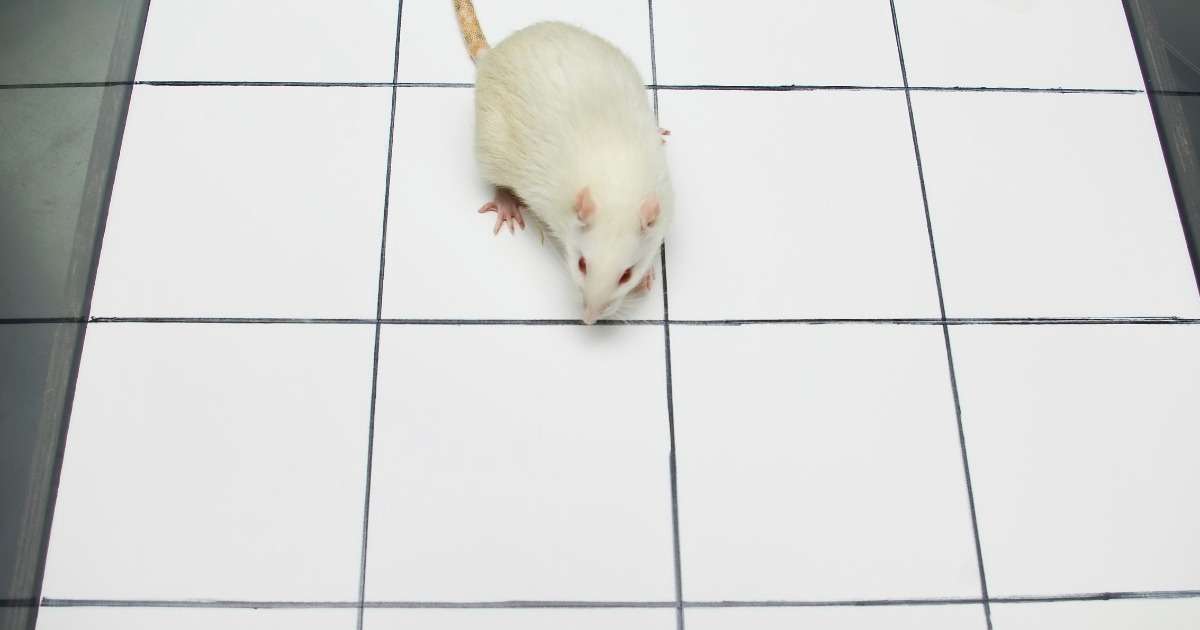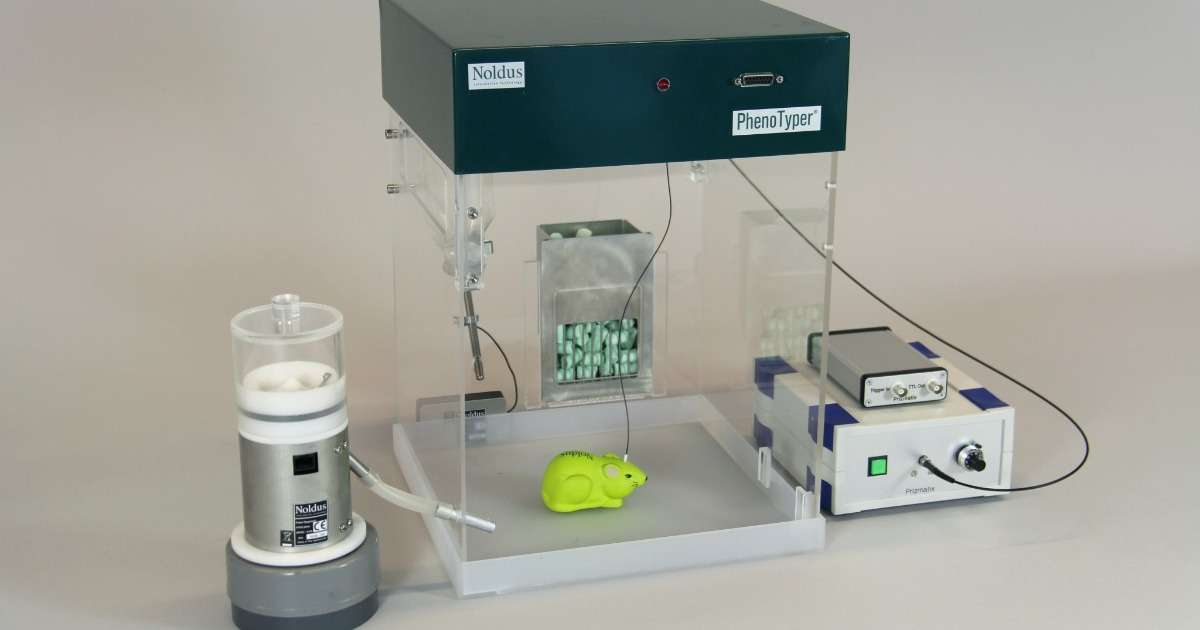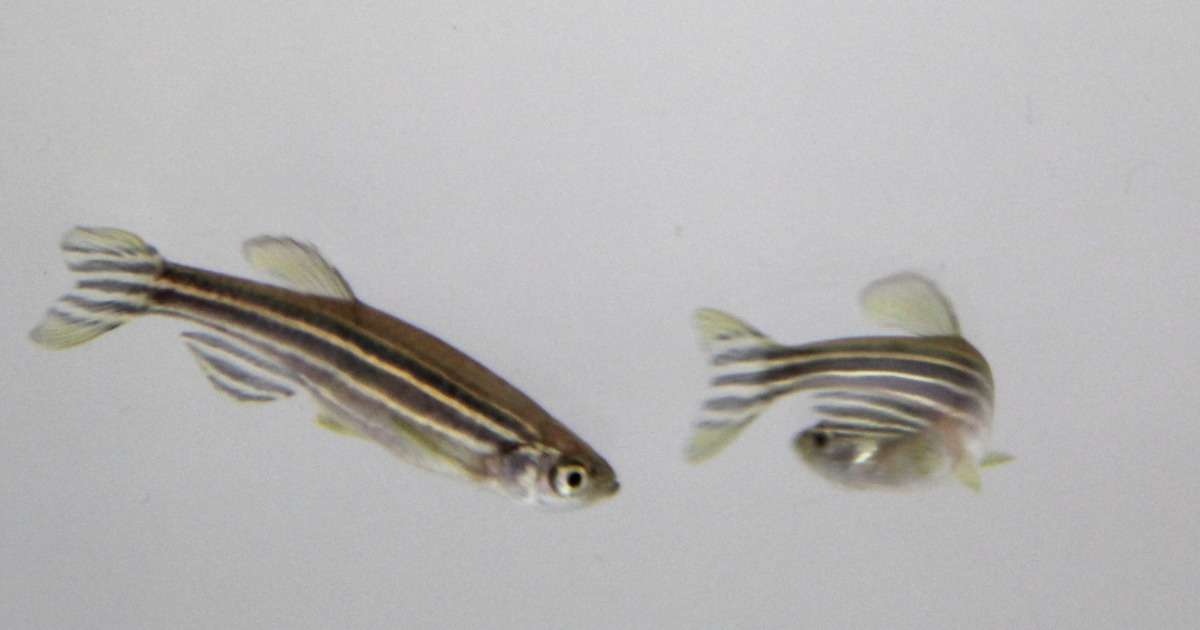Filter on
human behavior research categories

Just the way I want it: a study on consumer experience in self-designing
Consumer research suggests that you value a product more when you design it yourself - like sneakers or a gift. So, why do we abandon the self-design process so often? Find out in this blog post!

Behind the Scenes: Human Behavior Research Labs
Observation and analysis of human behavior is often done in labs. From babies to business, it can all be researched. Want to see how some of this research is done? Check out these amazing human behavior labs in action.

How to choose the best audiovisual lab for your project
AV recordings are becoming more important in the fields of education, professional skills, training, and medical simulation. But what are the right tools for you? Learn how to choose the right AV lab for your project.

Disclosure dilemma
Isabelle Leenders examined the influence of disclosures in influencer advertising on the brand attitudes and purchase intentions of young adults, mediated by their emotions and activation of persuasion knowledge.

Do we help students by surprising them?
The role and usage of instructional videos are increasing in higher education. The research team of Sass & Vinczéné Fekete investigated which features make them more or less engaging for students.

AI and deep learning: Responsible use of facial expression analysis
The European Parliament adopted its negotiating position on the first-ever regulation of AI. In this blog post, we explore how to use facial expression analysis responsibly and how it can contribute to scientific research.

How maternal responses support child language development in adversity
Studies show that mothers’ responses to their children is crucial for their language development. How does this work for families facing adversity? Researchers Boulton, Levickis, and Eadle aimed to find out.

Must-reads on psychology and behavioral coding
We've picked the best blog posts on psychology and behavioral coding from the Behavioral Research Blog. This curated summary lists some of our most useful and popular blog posts on psychology and behavioral coding.

Why you should use FaceReader Online for your human behavior research
Facial expression analysis can help to get objective insights into the emotions of humans. A great tool to use for this is FaceReader Online.

FaceReader and different scientific theories on emotion
In this blog post, Tess den Uyl, PhD, Peter Lewinksi, PhD, and Amogh Gudi, PhD from VicarVision outline how FaceReader is designed with scientific rigor and in accordance with responsible AI principles.
Filter on
animal behavior research categories

Early-life stress and the onset of depression later in life
I had a chat with my old department at the University of Groningen to see what they are currently working on. Read more about their reseach into early life stress!

The challenges of measuring epilepsy in rodents
EEG on freely moving rats? It's possible in the PhenoTyper. This was necessary to measure if delivering drugs directly to the brain could help epilepsy patients.

Using zebrafish as an early warning system of neurotoxic substances
How can we use a zebrafish (Danio rerio) embryo model to detect possible neurotoxic chemical mixtures that are difficult to detect with normal chemical analyses?

A plant-based treatment for Alzheimer's disease?
Researchers are constantly looking for new ways to treat Alzheimer's disease. Can Dioscin, a plant-based steroid, decrease the symptoms in mice?

In utero alcohol exposure, the effects on brain and behavior
About 10% of women worldwide drink during their pregnancy. This could cause the fetus to suffer from fetal alcohol syndrome, which can lead altered tissue structures in the brain to motor deficits.

Air pollution and brain development, mouse behavior gives insight
Air pollution can have major detrimental effects on health. But, what happens to brain development if a mouse is only exposed in early life. Researchers from the University of Washington studied just that.

What is the connection between depression and rheumatoid arthritis?
Is depression in patients with rheumatoid arthritis caused only by the pain, or is something else also going on?

Zebrafish behaviors shows true effect of chemicals on aquatic animals
Modern industrial processes, agricultural practices and domestic waste result in all sorts of chemicals getting into our waters. CPC is widely used. How does it affect the fish?

Classical music affects affiliative behaviors in bottlenose dolphins
Researchers from the University of Padova used The Observer XT to measure the behavior of dolphins when exposed to different types of enrichment.

Measuring behavior of coral larvae in response to antifouling coatings
What effect do ship hull coatings have on coral viability and restoration? And how can non-toxic alternatives effect mobility behavior in coral larvae?
